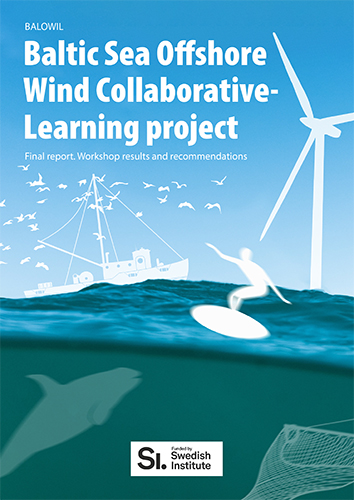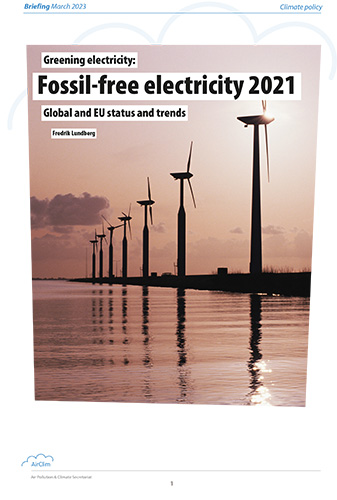
Emission ceilings may be further postponed
The EU Environment Commissioner Janez Potocnik is seeking to delay until 2013 the already long-overdue revision of the National Emissions Ceilings Directive.
Key legislation to further reduce air pollutant emissions in the European Union may be delayed another three years. In an interview with Le Monde, published on 30 June, Environment Commissioner Janez Potocnik said that the revision of National Emissions Ceilings (NEC) Directive will not take place until 2013 as the foreseen abatement measures are too costly to implement.
His comment was immediately attacked by environmental and health organisations, who said that such a postponement would put the health of millions of European citizens at risk. They also stated that the Commission's own analysis has clearly shown that the benefits to health, the environment and the economy of a revised NEC directive will significantly outweigh the costs involved.
The NEC directive is one of the pillars of the EU's air pollution control legislation and plays a vital role in achieving the goals of the EU's sixth environmental action programme (EAP). The directive was adopted in 2001, and was originally intended to be reviewed and possibly revised in 2005, when the Commission's Thematic Strategy on Air Pollution was presented.
A revised directive is expected to determine the much-needed new interim air quality targets for 2020, and set national caps on five pollutants. Tighter limits on emissions of sulphur dioxide, nitrogen oxides, volatile organic compounds, and ammonia are expected, plus the firstever national caps on emissions of fine particulate matter (PM2.5), to be achieved by member states by 2020.
Anne Stauffer of the Health and Environment Alliance (HEAL), said: "Commissioner Potocnik's announcement is particularly bad news for the health of children and those suffering from respiratory diseases. Air pollution is known to increase respiratory problems and diseases, such as asthma. In order to reduce the burden of disease and death caused by air pollution, action is needed now."
Air pollutants are estimated to cause close to half a million premature deaths each year in the EU, as well as severe damage to the environment through eutrophication, acidification and ground-level ozone. Air quality limit values are currently exceeded in most member states, and in order to avoid this, new legislation capping overall emissions is urgently needed.
Four environmental organisations had already sent a joint letter to Commissioner Potocnik on 9 June, calling on the Commission to prioritise action to cut air pollutant emissions, principally through the revision of the NEC directive.
In mid-July the four organisations received a response from Commissioner Potocnik, stating that he shares the sense of urgency to tackle air pollution in Europe, and that a revision of the NEC directive is necessary. On the issue of timing, he wrote that "I intend to propose to my fellow Commissioners that the college discusses the direction and timing of a broad and coherent air pollution review which is foreseen during the mandate of this Commission."
The EU's Directive on Ambient Air Quality - which sets minimum air quality standards - is scheduled for review in 2013. Potocnik's response to the environmentalist organisations, while ambiguous, may thus confirm his statement to Le Monde that he intends to delay the NEC directive review until 2013, to coincide with the revision of the ambient air quality directive.
Directive 2001/81/EC on national emission ceilings (NECs) for certain atmospheric pollutants aims to gradually improve, through the stepwise reduction of air pollutant emissions, the protection of both human health and the environment throughout the EU.
By setting binding national emission ceilings for the four air pollutants that cause acidification, eutrophication, and the formation of ground-level ozone, namely SO2, NOx, VOCs, and NH3, the directive is the key legislation for the achievement of the air quality objectives of the EU's sixth environmental action programme, as well as for attaining air quality standards for a number of pollutants, including SO2, NO2, fine particles (PM10 and PM2.5), and ozone.
In the absence of new legislation, the current NEC directive remains in force and requires that future emissions stay below the existing national ceilings after 2010.
Christer Ågren
Information: Press release by the EEB and HEAL, 2 July 2010; Letter from environmental NGOs, 9 June 2010.

 Download this issue
Download this issue










